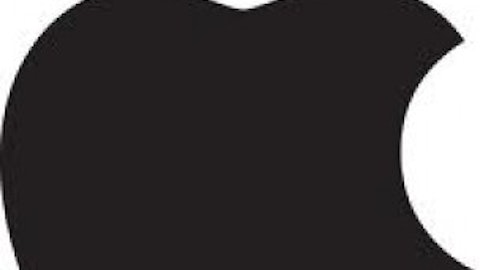With competition in the smartphone arena heating up even more, there have been some interesting movements among competitors both large and small that could cause some pressure for investors’ bottom lines.
What happened to Intel Corporation (NASDAQ:INTC)?
One company that is encountering a fair amount of potential negative financials due largely to the slowing growth of PC use is Intel Corporation (NASDAQ:INTC). This company essentially built its reputation – and its revenue model – on a once-current outlook that interconnected computer systems would be everlasting. While Intel Corporation (NASDAQ:INTC) was unquestioningly the winner in the desktop semiconductor niche back in the day, its offerings are simply not as in demand as they were a decade ago.

One way that Intel Corporation (NASDAQ:INTC) could stop its fall from grace is to adopt new product strategies. As sensible as that sounds, however, the company has been extremely slow in doing so – resulting in missed opportunities in the mobile device area to the likes of Samsung, QUALCOMM, Inc. (NASDAQ:QCOM), and Apple Inc. (NASDAQ:AAPL).
Presently, these competitors each possess a particular edge over Intel Corporation (NASDAQ:INTC) in the marketplace. Intel also missed out on the in-house development of processors to Apple Inc. (NASDAQ:AAPL), which seems to be making the competitively-paced environment even more heated. Likewise, according to AT&T Inc. (NYSE:T), the area of cloud computing appears to be “where it’s at” going forward.
Even though information is becoming more and more centralized and may be accessed via the Internet by basically any device that is wireless, the Cloud may not be able to completely replace desktop computers. This could mean that there’s still a ray of hope for Intel.
Are some tech companies’ heads in the clouds?
Today’s cloud-based computing has actually been a boon to some computer companies such as International Business Machines Corp. (NYSE:IBM). In fact, thanks to IBM’s cloud division, the company’s yearly revenue rose by 68% between 2011 and 2012.
Even so, International Business Machines Corp. (NYSE:IBM) is still seeing some downward moving financials in its technology and systems divisions due in large part to many companies renting their data centers instead of purchasing them. This has led to a decline in IBM’s hardware sales by 15% since one year prior.
This decline will probably continue with the emergence of cloud computing. Given much faster Internet speeds, it is anticipated that the adoption of “the Cloud” will only increase over time. This will harm IBM’s hardware business, especially if Big Blue is not able to adapt itself to the altering landscape in the technology world.
Apple Inc. (NASDAQ:AAPL)’s cloud storage and computer service iCloud also offers users the ability to store data such as music and other iOS applications so they can download it later to any iOS-based device or PC running OS X. It currently has more than 300 million users. The service offers users automatic wireless backup of iOS devices to iCloud as well instead of doing it manually. Though each Apple ID account can use 5 GB of free storage, additional storage of up to 50 GB can be purchased as well.
iCloud is a crucial piece to Apple Inc. (NASDAQ:AAPL)’s future success in the cloud arena. Since the idea of data stored locally is gradually losing steam, iCloud could very well be the default place where apps store files in the future. With the move to cloud computing growing exponentially, iCloud is the most significant thing that’s happening on iOS at the moment.
Are computers on the way out?
When considering just how useful cloud computing can be, there are some who feel that the PC will not be seen as useful at all in terms of storage and processing in the future. One key factor in this rationalization is the fact that consumers are able to access music and other apps online that work on Apple Inc. (NASDAQ:AAPL)’s products or that use Windows and Android operating systems.

